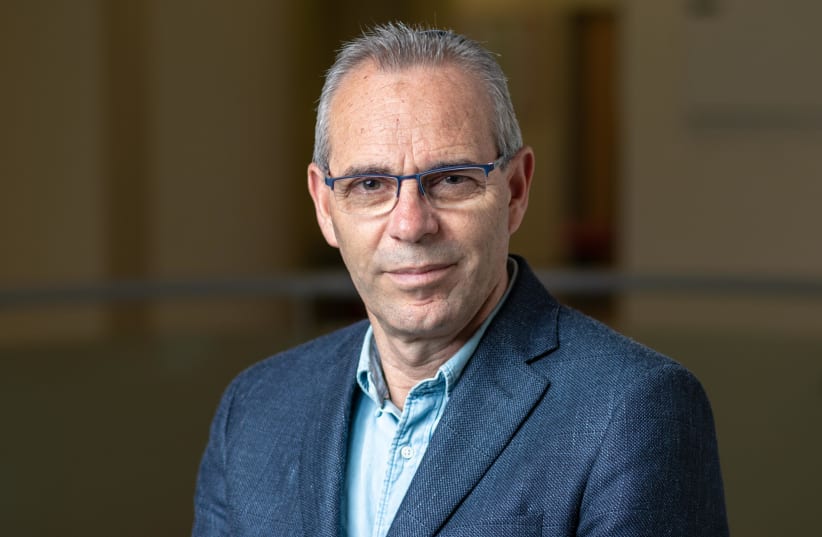David Passig is a world-renowned futurist, consultant and best-selling author who studies patterns of the past and present to explore the possibilities and make predictions for the future. Prof. Passig heads the Graduate Program in Information and Communication Technology and the Virtual Reality Laboratory at Bar-Ilan University’s School of Education.
Passig predicted 9/11 (In the 1990s, he forecast that there would be a terrorist attack on a major symbol of world order in the early 21st century) and the 2008 financial crisis (In 1998, he warned there would be a global financial crisis in a decade, which he detailed in a book titled The Future Code, published just a few months before the stock market crash began).
More recently, Passig has cautioned that COVID-19 could be with us until 2025. When I ask him on the phone to explain this prediction, he says some journalists reported his comments out of context.
“My simulation forecasts between three and five years, and not only because of medical issues but due to thousands of problems that arise as we progress, from the manufacture of the vaccines and the logistics of their delivery to their efficacy,” he says. “Most firms developing a vaccine say their vaccines will be 50 percent effective, which means that half of those inoculated will get infected anyway. We don’t yet know how long the antibodies will stay in the vaccinated person. Some researchers say weeks, others say months. But even if it’s months, does that mean we have to vaccinate people every few months? And what if the virus mutates? In the best-case scenario, it could take a year to 18 months, but because there are many variables, it could take two or three or even five years.”
With regard to Israel, Passig says, “We are in the same situation as the rest of the world. We say that anywhere is everywhere. That means if there is a second wave in one place, it affects the whole world. With regard to Israel, it will take at least a year or two to manufacture or import nine million vaccines (for the whole population).”
What does Passig advise decision-makers? “My advice is simple,” he answers. “We need to act prudently between the waves of the virus. There will be between five and eight waves until it’s completely over. We don’t want a recurrence of what happened to us in the summer, when we had only a month and a half between the first and second waves, because the economy can’t recover and people get tired. Decision-makers need to enable as big a gap as possible between waves, three to four months if possible. That way people can return to their studies, to work and as much as possible, to social interaction.”
Passig believes it is fortunate that Israel ended its second wave before the start of autumn, with the expectation that the third wave will be in mid-winter (January-February) and the fourth at the start of next summer (June-July). “In this way we buy time, time for the scientists to develop a vaccine, produce it and deliver it,” he says. “This is a nightmare, and this is what will probably cause the timetable to be extended.”
Still, Passig ends on a positive note. “Even if it takes another five years, the coronavirus will be one of the shortest plagues in history. In the past, plagues lasted many years and kept coming back. Now we should be over it – with vaccines – in five years, which never happened before. This will be an amazing achievement. In addition, humanity is learning the lessons of COVID-19 and learning to manufacture vaccines in a matter of weeks so we can deal more successfully with future plagues.”
